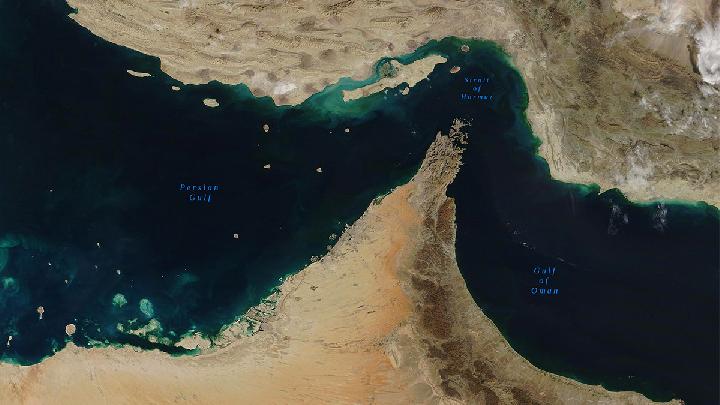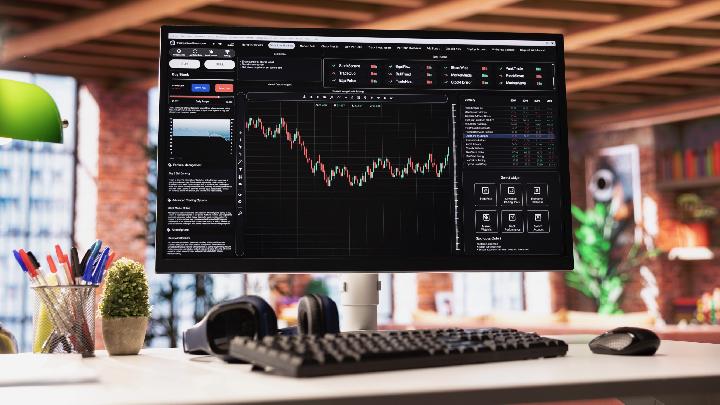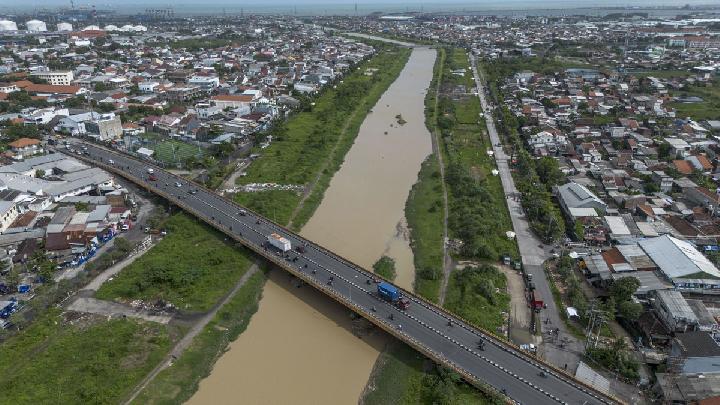October 29, 2025 | 10:28 pm

TEMPO.CO, Jakarta - A new study from Queen Mary University of London warns that much of the plastic floating in our oceans could take more than a hundred years to fully decompose.
The research sheds light on why plastic persists in marine environments and why cleaning it up is far more complicated than it seems.
How Plastic Breaks Down in the Ocean
These factors slowly break the plastic into smaller pieces, eventually producing microplastics.
Only the tiniest fragments, smaller than grains of sand, can sink. They attach to “marine snow,” a sticky mix of organic material floating through seawater, which eventually carries the microplastics to the seabed.
The “Surface Problem”: Plastic Persists for Decades
Nan Wu, the lead author, explained that many people mistakenly believe plastic will sink or disappear quickly.
“People often assume that plastic in the ocean just sinks or disappears. But our model shows that most large, buoyant plastics degrade slowly at the surface, fragmenting into smaller particles over decades,” she said.
Even after a century, he said, about 10 percent of the original plastic may still remain afloat.
“These tiny fragments can then hitch a ride with marine snow to reach the ocean floor, but that process takes time. Even after 100 years, about 10 percent of the original plastic can still be found at the surface," Wu added.
The research shows that even if plastic production stopped today, existing debris would continue to fragment and release microplastics for generations.
Microplastics: A Cross-Generational Challenge
The study highlights that the rate of decomposition—not sinking—is the main factor in how long plastic remains in the ocean.
In century-long simulations, 10-millimeter plastic pieces almost entirely lost their mass, yet thin residues stayed afloat and continued generating microplastics.
Kate Spencer, co-author, said: “This is part of our wider research that shows how important fine and sticky suspended sediments are for controlling microplastic fate and transport.”
Why Ocean Cleanups Aren’t Enough
Andrew Manning, lead scientist at HR Wallingford, explained that this research clarifies why the amount of plastic seen on the ocean surface does not match estimates of total ocean pollution.
“As large plastics fragment, they become small enough to attach to marine snow and sink. But that transformation takes decades,” said Manning.
“Even after a hundred years, fragments are still floating and breaking down. To tackle the problem properly, we need long-term thinking that goes beyond just cleaning the surface.”
The study underscores the importance of addressing plastic pollution at its source and planning for the long-term impact of microplastics in oceans worldwide.
Editor’s Choice: Australia Invests Rp13 Billion to Help Reduce Indonesia's Plastic Waste
Click here to get the latest news updates from Tempo on Google News
Australia Invests Rp13 Billion to Help Reduce Indonesia's Plastic Waste
8 jam lalu
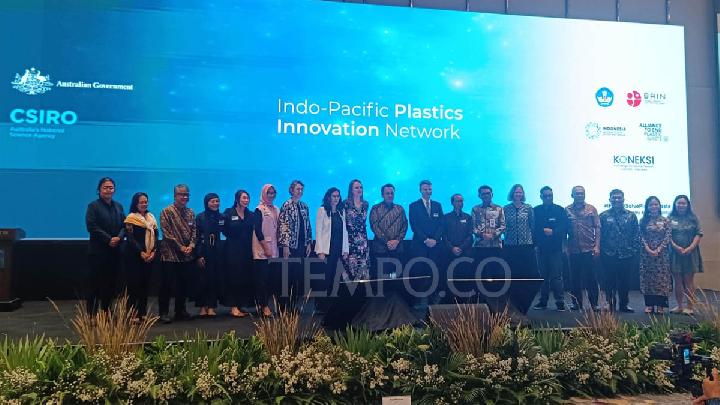
Australia, through the IPPIN program, has allocated approximately Rp13 billion for innovative plastic waste reduction in Indonesia.
Over 200 Investors Keen to Invest in Indonesia's Waste-to-Energy Project
5 hari lalu

Danantara is currently selecting investors to join the project.
Jakarta to Operate Rorotan RDF Facility to Combat Microplastic Pollution
5 hari lalu
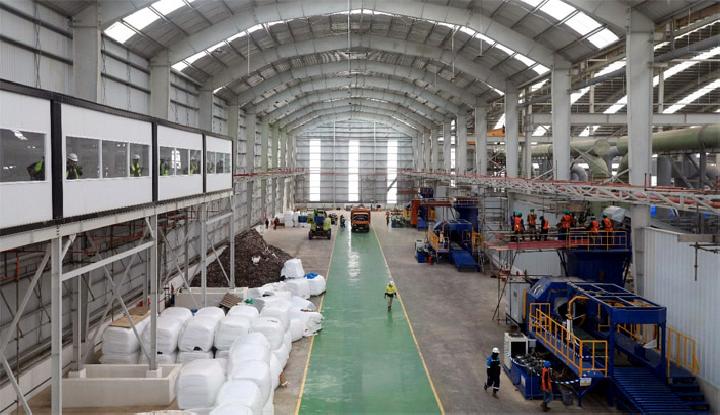
The RDF Rorotan waste processing facility in North Jakarta, which is expected to operate fully in November 2025, is believed to contribute to the reduction of microplastic pollution.
Indonesia Demands International Aviation Waste Be Returned to Country of Origin
5 hari lalu

Indonesia's Ministry of Transportation plans to implement a policy to return international flight waste to its country of origin.
Indonesia to Blend 1% Waste Cooking Oil in Aviation Fuel to Avoid Carbon Tax
5 hari lalu
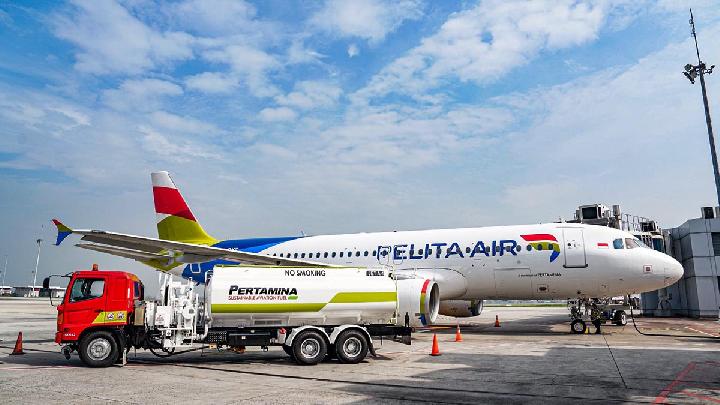
The Ministry of Transportation aims for Indonesia to include at least 1% waste cooking oil in aviation fuel to avoid carbon tax penalties.
Jakarta Responds to Microplastics Found in Rainwater
10 hari lalu

The Jakarta Environmental Agency stressed that the discovery of microplastics in the city's rainwater serves as an environmental alarm.
Indonesian Furniture Leader Boston Expands into Energy and Waste Business
12 hari lalu
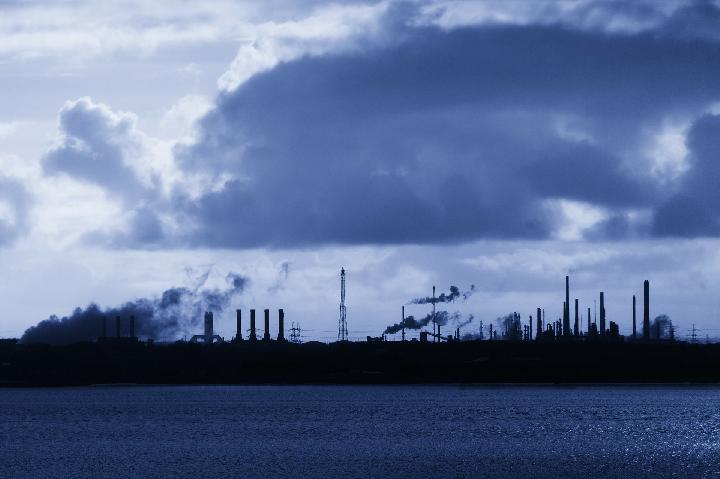
PT Boston Furniture (SOFA) and its subsidiary PSP enter waste management and power generation, officially documented on October 15.
192 Companies Show Interest in Danantara's Waste-to-Energy Project, CEO Says
19 hari lalu
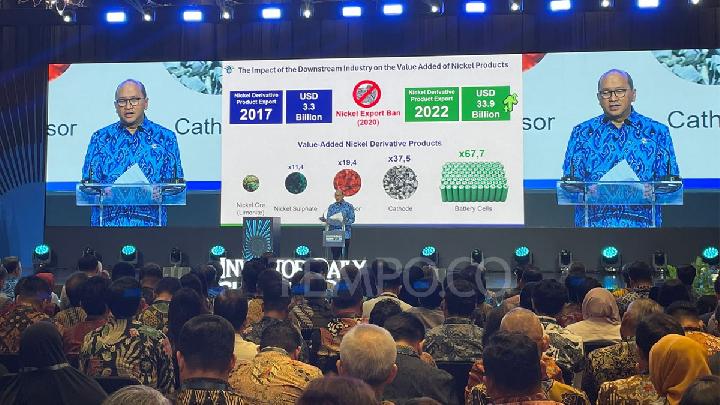
CEO Danantara Rosan Roeslani reveals that 192 companies are interested in participating in the waste to energy program associated with the Rp50 trillion Patriot Bonds.
IPB University Students Turn Dairy Waste into Anti-Aging Face Mask Innovation
20 hari lalu

The SunWhey mask has high antioxidant activity, which helps prevent facial wrinkles.
Annual Death Toll from US Wildfire Smoke Could Climb to 70,000 by 2050, New Study Says
22 hari lalu

This study examines the projected deaths due to exposure to PM2.5 in wildfire smoke.



